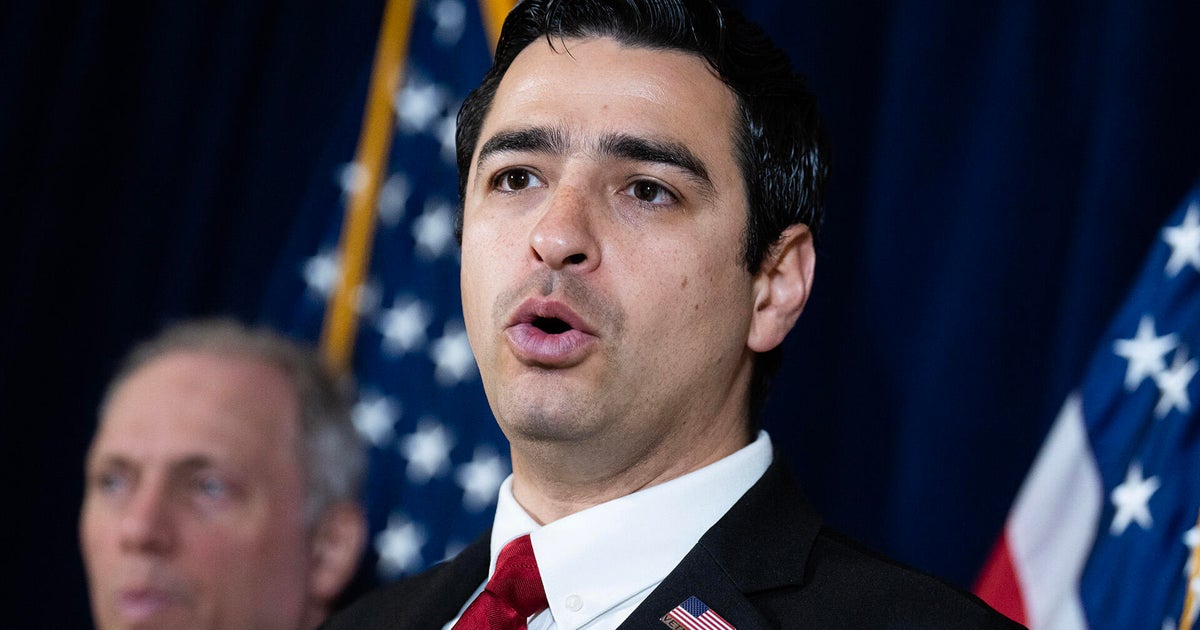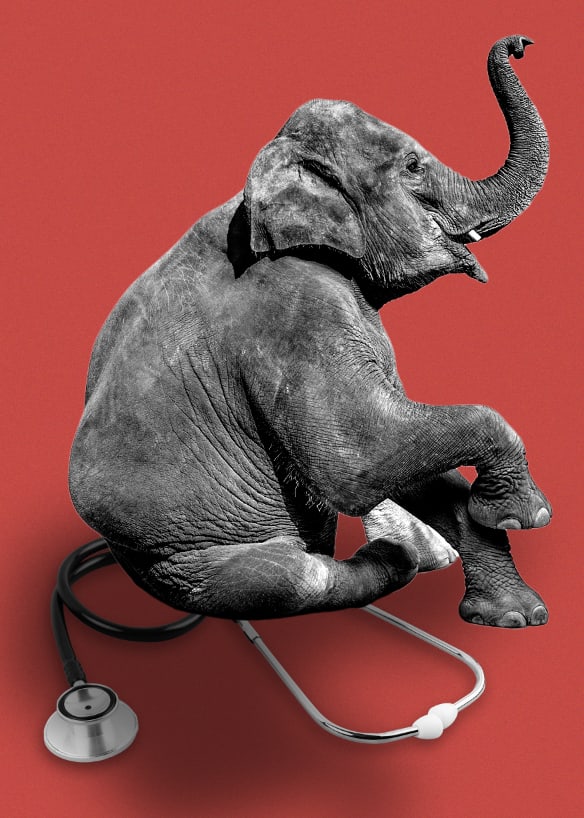Four-day workweek gains support among progressives in Congress
As the idea of a four-day workweek gains popularity around the world, some lawmakers in Washington, D.C., are pushing for the U.S. to follow suit.
The Congressional Progressive Caucus on Tuesday endorsed a bill by Representative Mark Takano that would create a 32-hour workweek, with overtime paid after 32 hours of work. Takano touted the move as a win for work-life balance and a needed corrective after decades of longer work hours with stagnant pay in the U.S.
"People are spending more time at work, less time with loved ones, their health and well-being is worsening, and their pay has remained stagnant. It's time for change," Takano, a Democrat representing California, said in a statement.
The bill would not eliminate longer workweeks, but would require employers to pay time-and-a-half for overtime starting at 32 hours. (It would also leave out a number of workers who are currently excluded from legal protections, such as gig workers, who are legally considered independent contractors, and salaried workers who are exempt from overtime.)
Research backs it up
Takano's bill, co-sponsored by 13 Democrats, comes as a number of countries and companies experiment with a shortened workweek, citing reasons from cost-savings to mental health.
In Iceland, large-scale trials of a four-day workweek were declared to be "a major success," with participating workers reporting less stress and more time for hobbies, rest or chores — all while work output remained steady or, in some cases, increased. Since the trials ended, 8 in 10 Icelandic workers have moved to shorter time schedules, according to a report issued this summer by Alda and Autonomy, a think tank.
"[W]orking time reduction should be considered a powerful, desirable and viable policy across contemporary advanced economies," the report declared.
Similar test runs at companies in Japan and New Zealand likewise produced positive results, with workers getting more work done with less stress. Earlier this year, Spain moved to try out a four-day workweek, with the government kicking in up to 50 million euros ($56 million) to cover participating companies' costs over the three-year trial.
The U.S. crowdfunding company Kickstarter is switching to a four-day week next year, following smaller software companies that have made similar moves.
Research backs up the trend. Some studies have found that long hours actually make workers less productive, with employees simply producing less, and often making more mistakes, after about 50 hours a week. One study of 2,000 office workers found that, despite working eight hours a day, the typical worker was only productive for merely three of them — the rest of the time was spent on checking social media, reading the news, chatting with coworkers or making drinks or food.
White-collar dream
Still, a four-day workweek has a formidable opponent in American corporate culture, which puts great value on concepts like putting in face time at the office. While the pandemic has dislodged the expectation that workers are to be in a physical office, it hasn't done much for actual work time. Indeed, workers who maintained their jobs during the pandemic found themselves working far longer hours than before, a factor in burnout and the current mass resignation.
Even before the pandemic, American workers put in much longer hours than their counterparts in other industrialized nations. Among countries tracked by the Organization for Economic Cooperation and Development, only four put in longer work hours than America — Israel, Korea, Russia and Mexico.
Even the 40-hour workweek, now considered standard, is a relatively recent invention. In the 19th century, the typical U.S. manufacturing worker toiled well over 60 hours a week, according to the Economic History Association. The current 40-hour workweek only became the norm in 1940, as part of lawmakers' effort to rescue America from the Great Depression. The thinking was that, with everyone working fewer hours, mass unemployment would be avoided.
Progressives in Congress, as well as the labor unions that support this bill, voice a similar argument, saying that shorter workweeks would help those seeking better work-life balance while allowing people who can't find full-time work today to pick up the slack.
Still, the concept has been met with skepticism from many employers, as well as some economists who point out that it's a white-collar dream not easily translatable to blue-collar or lower-income workers.
The current debate smacks of "well-to-do folks telling others how much they should work," Dan Hamermesh, a professor of economics at the University of Texas at Austin, told the Atlantic in 2015. Among many blue-collar workers, whose pay has been declining for decades, plenty "want the income and are willing to put up with the hard hours," Hamermesh told the outlet.
Opponents also point to possible unintended consequences, such as a rise in involuntary part-time work, if employers don't want to pay overtime. After the Affordable Care Act mandated health insurance for workers after 30 hours a week, the outlet FiveThirtyEight documented a rise in part-time workers, as some employers cut hours in response.



